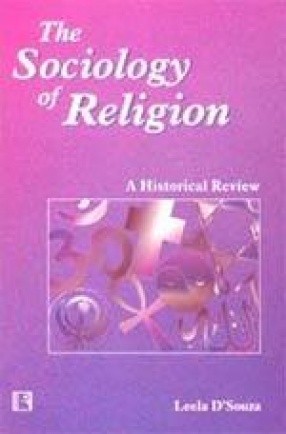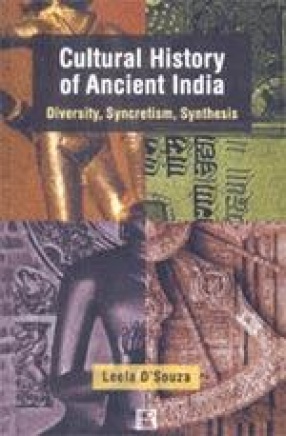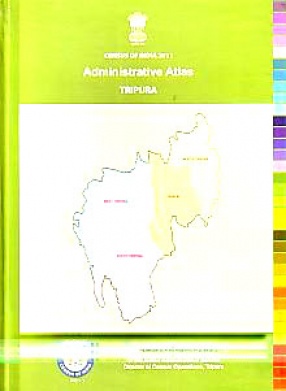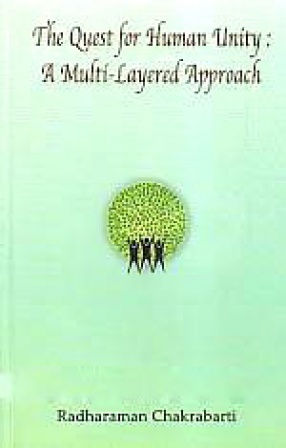Religion as an aspect of human society has been supported by both historians and anthropologists as being universal. Both primitive and civilized humans have sought to come to terms with unexplainable situations and experiences in everyday life. Religion has been associated with the human attempt to find purpose and meaning in life – both of self and the universe. In the past, religion had occupied a central place in human society and human thought. But, in the Age of Enlightenment and Scientific Rationalism, it had been relegated to a secondary position. Secularization theorists had even predicted the demise of religion. But, in recent times, we see religion returning to the forefront of human concern. Fundamentalist religious movements of two categories are now occupying central focus: (a) religious nationalist movements that are seeking a political expression for religion, and (b) new religious movements that have been espousing a new religious consciousness from the twentieth century. This has once again prompted contemporary sociologists to understand the role of religion in society. It is in this backdrop thus this book makes an attempt to provide a detailed historical review of the developments in sociology and anthropology in the study of religion with special reference to India.
Leela: A Patchwork Life
$31.50
$35.00







There are no reviews yet.